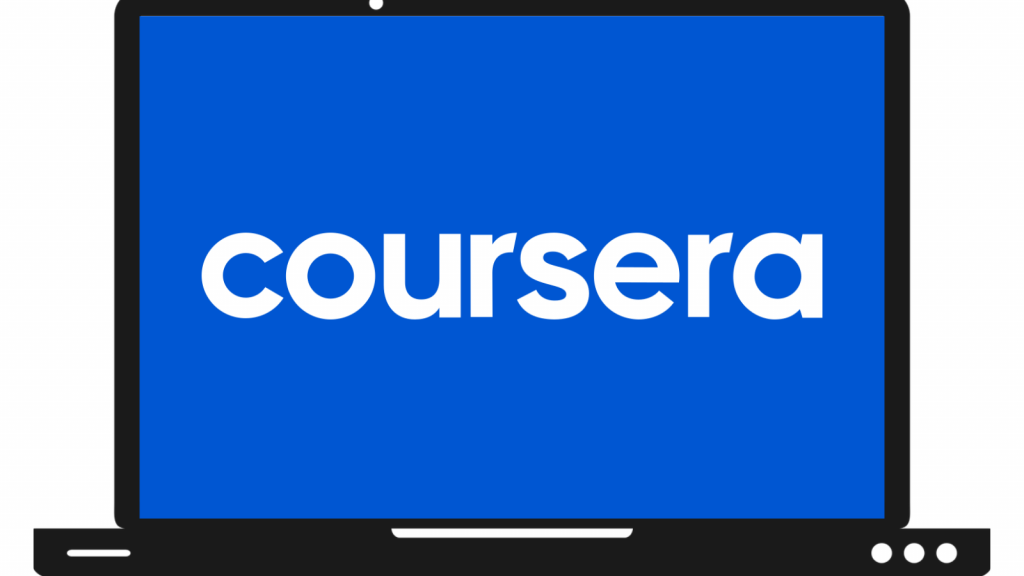Student-centric advice and objective recommendations
Higher education has never been more confusing or expensive. Our goal is to help you navigate the very big decisions related to higher ed with objective information and expert advice. Each piece of content on the site is original, based on extensive research, and reviewed by multiple editors, including a subject matter expert. This ensures that all of our content is up-to-date, useful, accurate, and thorough.
Our reviews and recommendations are based on extensive research, testing, and feedback. We may receive commission from links on our website, but that doesn’t affect our editors’ opinions. Our marketing partners don’t review, approve or endorse our editorial content. It’s accurate to the best of our knowledge when posted. You can find a complete list of our partners here.
Guide to Coursera Scholarships & Financial Aid
 By
Gabriel Jimenez-Ekman
By
Gabriel Jimenez-Ekman 
Gabriel Jimenez-Ekman is a content editor and writer at Scholarships360. He has managed communications and written content for a diverse array of organizations, including a farmer’s market, a concert venue, a student farm, an environmental NGO, and a PR agency. Gabriel graduated from Kenyon College with a degree in sociology.
Full BioLearn about our editorial policies

Maria Geiger is Director of Content at Scholarships360. She is a former online educational technology instructor and adjunct writing instructor. In addition to education reform, Maria’s interests include viewpoint diversity, blended/flipped learning, digital communication, and integrating media/web tools into the curriculum to better facilitate student engagement. Maria earned both a B.A. and an M.A. in English Literature from Monmouth University, an M. Ed. in Education from Monmouth University, and a Virtual Online Teaching Certificate (VOLT) from the University of Pennsylvania.
Full BioLearn about our editorial policies

Because of its flexible hours, low cost, and full reliance on remote learning, Coursera is a great opportunity for anyone to learn online. Whether you are interested in getting a degree, a certificate, or just want to try a course, Coursera offers great options. In addition to these benefits, there are substantial Coursera scholarships and financial aid available for many of the programs and courses on Coursera.
If you know where to look, you could earn a degree or certificate on Coursera for a fraction of the cost of a traditional degree. Read on to learn where to find financial aid and scholarships for a wide variety of programs on Coursera.
How does Coursera work?
Coursera is an online platform that partners with universities, corporations, and organizations from all over the world to provide learning and skilling opportunities. Coursera’s partners include leading institutions like UPenn, Duke, the University of Michigan, and companies like Google. The platform provides an accessible, affordable alternative to in-person learning. Students can sign up for courses on Coursera to pursue degrees or certifications, or just out of personal interest.
Apply to these scholarships due soon
More scholarships for online studentsHow Coursera compares to other educational pathways
Alternative education opportunities
Coursera is unique in its emphasis on certificates and technical training, which bypass traditional educational requirements. Many of the programs on Coursera do not require a specific educational background, and some are even no-application. This can be a great opportunity for people who could not afford to go to college.
Flexibility to explore
Since Coursera offers online courses in a variety of areas, it is a useful way for students to “try out” a specific discipline that you are interested in studying in college or graduate school. These areas include the hard sciences, art history, the humanities, information technology, and healthcare.
Job opportunities
Despite these opportunities, Coursera’s online degrees don’t always carry the same weight in the job market as a traditional degree. Before enrolling, you should extensively research your program to ensure that it will help you reach your career goals.
See also: All you need to know about the Google Certificate Program
Coursera financial aid & scholarships
Scholarships
Because Coursera is a hosting platform, the majority of fees charged for their courses go to the university or corporation who designed the courses. As a result, most of the scholarships for Coursera courses are from external organizations. But Coursera does offer one major scholarship: they have partnered with the University of Illinois’ Giles School of Business to fund need and diversity-based scholarships for students pursuing an iMBA, iMSA, or iMSM. These scholarships will pay for 70% of students’ fees. This brings the total cost of the iMBA program down to $7,171.20.
Free courses for college students
Coursera also offers free courses to any current college or university student. All you have to do to take advantage of the offer is enter your student email address. In addition to the free class, current students also have access to unlimited Guided Projects. These are shorter exercises meant to impart specific, job-relevant skills.
Even without a scholarship, Coursera programs typically cost only a fraction of their on-campus counterparts. For example, full tuition for the iMBA program mentioned above is only $23,904. An on-campus MBA can often cost two to three times this amount.
How to find scholarships through Coursera
Although Coursera does not offer a wide breadth of scholarships, their website includes resources to help match students with available opportunities.
- To find scholarships, visit the degree page that interests you, and click on “Tuition & Financing.”
- This page will contain a subheading called “Financial Aid” which outlines scholarship opportunities offered by the university or organization that designed the course
The “Financial Aid” section will also tell you if the course you are considering is eligible for federal financial aid. Many of the degree programs offered by accredited universities will be eligible for federal loans, and some may even qualify for the Pell Grant. Make sure to check this section for every course or program you consider, as eligibility may vary by program.
Also read: How to complete the FAFSA
Don’t forget about external scholarships
Once you have explored the opportunities posted on Coursera’s website, it’s time to search for other external scholarships. As online learning has increased in popularity, so have scholarships for online students. Try searching for scholarships that apply to your life situation. There are scholarships for:
Between the opportunities posted on Coursera and the scholarships on our site, it is possible to obtain an affordable online degree or certification. Remember to tap all the resources that are available for you, and good luck as you begin your search.
Alternatives to Coursera
If you are looking to earn an online degree or certification, Coursera is a great place to start, but it’s not the only option. You should also be sure to check out other sites such as edX, and remember that many prominent schools with online campuses host their own programs. So, you can try gathering a list of schools that interest you, and research which ones offer online degrees.
In order to maximize your financial aid possibilities, be sure to look beyond Coursera and send out multiple applications to ensure that you are getting the best possible deal.
Key Takeaways
Frequently asked questions about Coursera scholarships and financial aid
Are Coursera bachelor’s degrees as valuable as regular ones?
Can I use FAFSA on Coursera courses?
Does Coursera charge for membership?
Can I use regular scholarships for a Coursera degree?
















